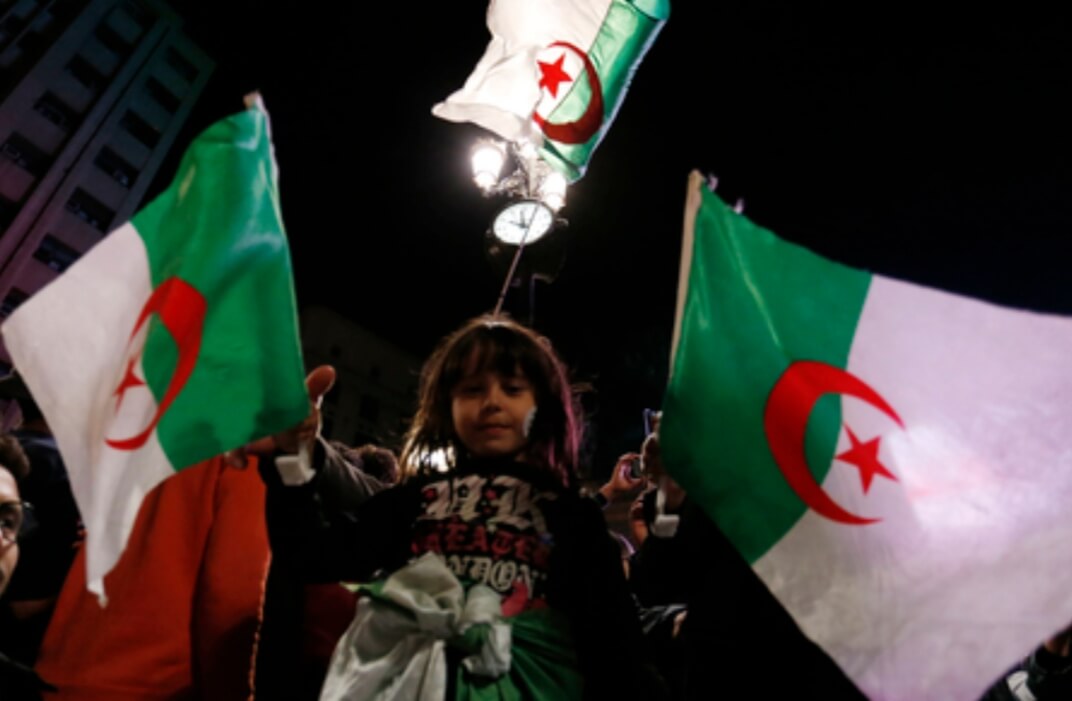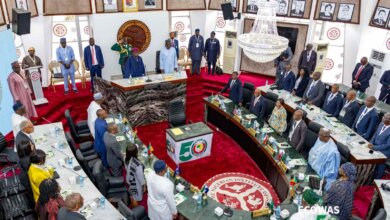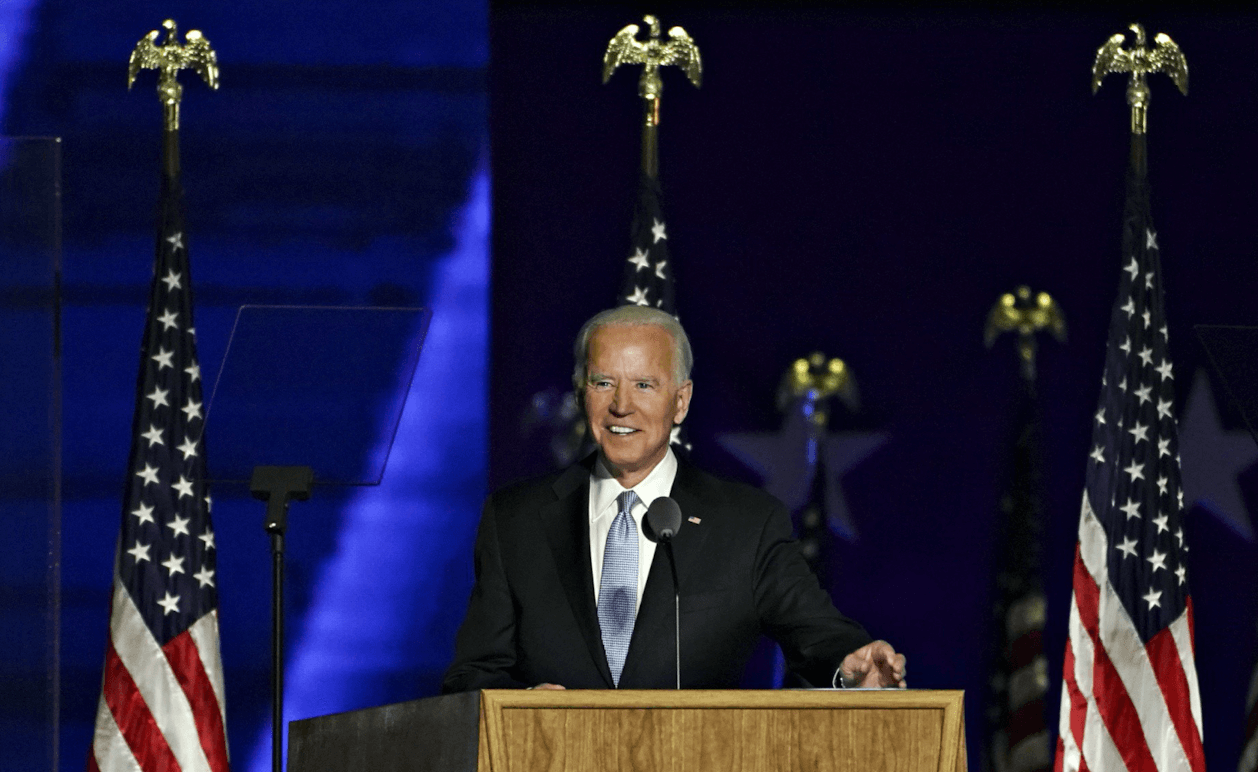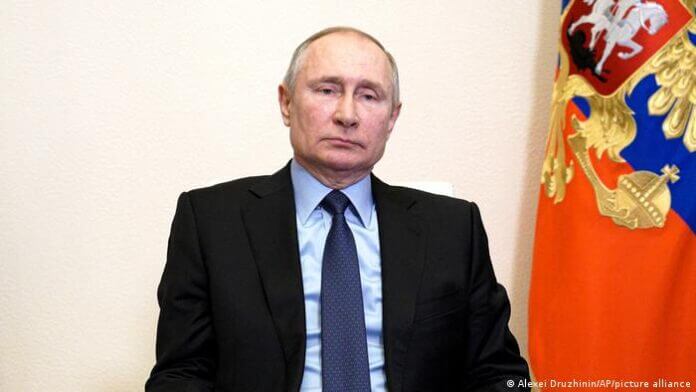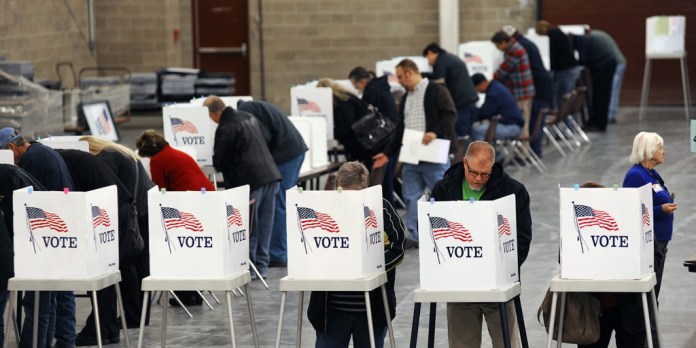49 arrested over inflation protest in Ghana
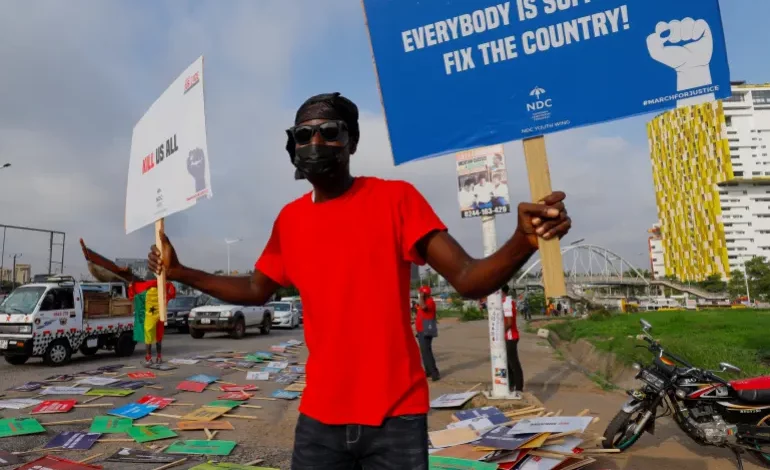
At least 49 persons were arrested in Ghana’s capital, Accra, on Thursday, September 21, as the police tried to prevent protesters trying to storm the seat of government – Jubilee House – on Thursday, over a lingering economic crisis.
The police, according to eyewitnesses, physically assaulted the protesters who had gathered in their red and black attires to show anger over hardship in the West African country. Some journalists were also picked up and later released.
“They forced us into a waiting bus and physically assaulted us at the police station. I had a cut on my left arm,” Richard Allotey, a 32-year-old unemployed graduate who was also at the protest, told Al Jazeera on the phone. “We were not armed. We only went to register our grievances over how the economy is being mismanaged and the police beat us.”
The protest was organised by Democracy Hub, a governance advocacy group which condemned the use of “brute force to thwart a peaceful protest”, according to a statement issued on Thursday. We have “proven that we are indeed not timid people”, the statement added.
Police spokesperson Juliana Obeng did not comment on the abuse but said they were picked up “in connection with an unlawful assembly”, citing a last-minute court process by the police to stop the planned demonstration.
“We would like to state that the police do not take delight in preventing any group from demonstrating… The exception, in this case, is the police disagreement with the organisers on the venue being a security zone,” Obeng said in a statement.
Ghana’s largest opposition National Democratic Congress (NDC) party described Thursday’s police-civilian clash as a “shame”.
“We condemn the action of the police because there was no need to use brute force on peaceful protesters who have genuine concerns about poor governance and corruption in this country,” its general secretary Fiifi Kwetey told Al Jazeera.
On X, formerly known as Twitter, many Ghanaians bashed the government for using force to quell civilian protests.
“These people dey borrow in our name,” Popular singer Black Sherif posted in Pidgin English in reference to the ballooning debt situation. “And if the people, whose struggles you document to go ask for money, want accountability, you send Koti [a local word for police] make they dey beat them? Lord knows this battle is ours.”
A wobbling economy and a wave of protests
The protest was the latest in a series of demonstrations against the Nana Akufo-Addo-led government as the economy goes through its worst crisis in a generation. Labour unions and traders protested last year over price hikes in utility bills, rent and transport.
Ghana, once touted as the symbol of good governance in Africa, is grappling with high unemployment; in a country where the median age is 20.2, 12 percent of its youth are unemployed and another 65 percent are underemployed according to the International Labour Organisation. Costs of living have also soared largely due to the debt-ridden economy wobbling in Akufo-Addo’s seven years in office.
Public debt rose to $49.7bn at the end of April, central bank records state.
The major exporter of cocoa has defaulted on debt payments to preserve its central bank’s fast-depleting foreign reserves. It is also currently on a $3bn IMF relief support over the next three years, making it the African country most indebted to the institution, according to data from the IMF’s Quarterly Finances for July 2023.
Activists and anticorruption campaigners blame the government for mismanaging public finances and say could have been used to create jobs and create an enabling environment for the private sector to expand.
The current wave of youth protests has focused primarily on perceived widespread corruption and lack of accountability on the part of government officials. Currently, the country’s special prosecutor is investigating former Sanitation Minister Cecilia Dapaah for suspected embezzlement; she resigned in July after her houseworkers allegedly stole $1.3m from her home.
Bernard Mornah, an Accra-based political activist said this had led to growing discontent that could explode “very soon”.
“The future is bleak,” Mornah, a leading member of the Arise Ghana pressure group, told Al Jazeera. “The youth of this country will rise one day and demand what is due them. Our political leaders have failed them. Where are the jobs?”
Bright Simons, an analyst with Accra-based think tank IMANI, agrees.
“The new youth-led protests are signs of a fledgling attempt to fill that vacuum left by established civil society movement including the more activist wings of the religious community, like the once vocal Catholic Church,” he told Al Jazeera.
The government has also been accused of a pattern of suppression of dissent.
“They try to use bureaucratic processes to delay any protest as much as possible in order to rob it of spontaneity,” Simons said. “Any attempt to resist attempts by the police to superintend every aspect of a protest typically leads to high-handed suppression tactics.”
However, the government has defended its record, saying that it is doing everything it can to improve the lives of Ghanaians.
“It’s untrue that the economy is being mismanaged under President Akufo-Addo. A lot has happened since COVID hit us coupled with the Ukraine war. Now we are seeing signs of economic recovery and it will get better as the government rolls out programmes to create jobs,” Richard Ahiagbah, spokesperson for the governing NPP told Al Jazeera.
On Friday, a group of Ghanaian celebrities and comedians joined a host of protesters to gather at the spot where Thursday’s clash took place to rally public support for another demonstration.
“Ghana is tough,” Ghanaian actress and socialite Efia Odo, who was one of them, told Al Jazeera. “This is our country. We have to defend it. If it gets better, it’s all good for our future generation. I don’t care what happens to us today. If we get arrested, we’ll be bailed and come back again. What happened yesterday was shameful.”
Source: Al Jazeera.
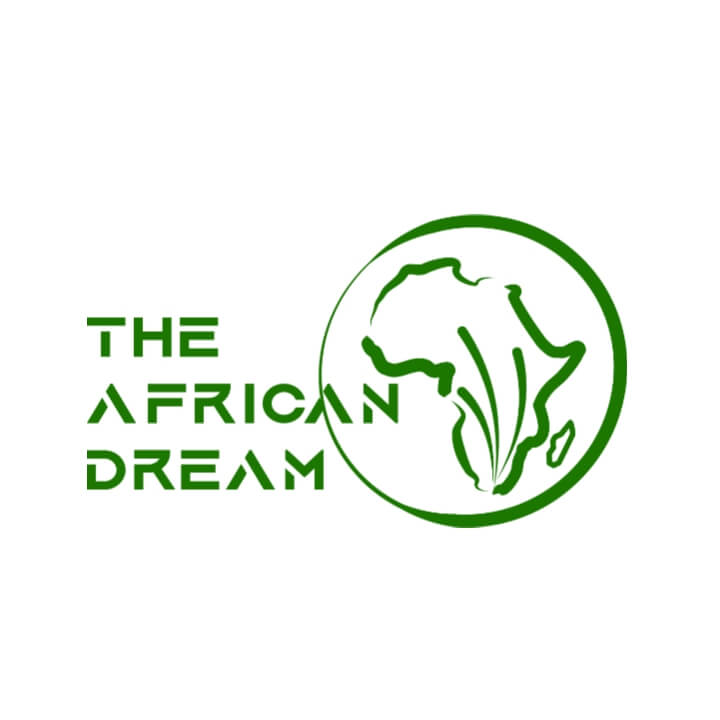
This article is published by either a staff writer, an intern, or an editor of TheAfricanDream.net, based on editorial discretion.

